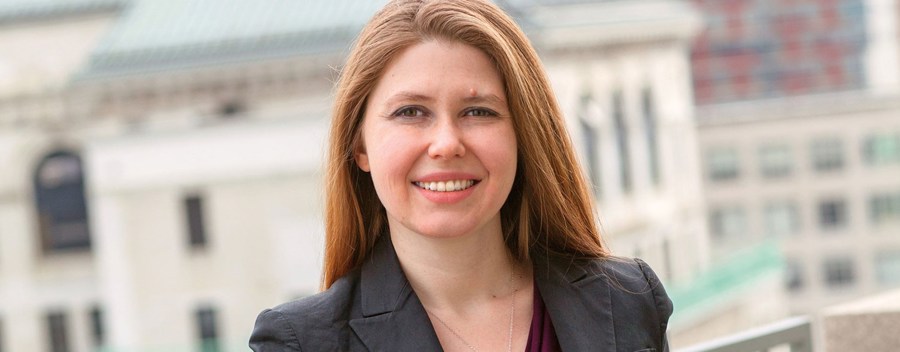
Technological innovation is changing the concept of property ownership
These days products in our lives are embedded with computers—cameras, watches, kitchen and household appliances, even jewelry. Professor Christina Mulligan’s recent work, including “Personal Property Servitudes on the Internet of Things,” published in the Georgia Law Review, and “Licenses and the Property/Contract Interface,” forthcoming in the Indiana Law Journal, explores and criticizes how licensing changes our relationship with physical property and suggests how the law can adapt to better facilitate the use and sale of property in our changing technological environment.“Traditionally under the common law of property, when you purchased these sorts of items, you had title to them—you owned them,” Mulligan said. But purveyors of software-embedded goods like digital cameras and robot vacuum cleaners often purport to be licensing the copies of the software in the appliances to purchasers, not selling them. Those licenses come with restrictions on what purchasers can do with the software in the products, such as limitations on whether the product can be resold or used commercially. “As software-embedded goods and their accompanying licenses become more commonplace, our relationship to personal property changes,” Mulligan said.
At the Law School, Mulligan teaches courses on cybercrime, Internet law, intellectual property, and trusts and estates. She was recently appointed chair-elect of the American Association of Law Schools Section on Internet and Computer Law.